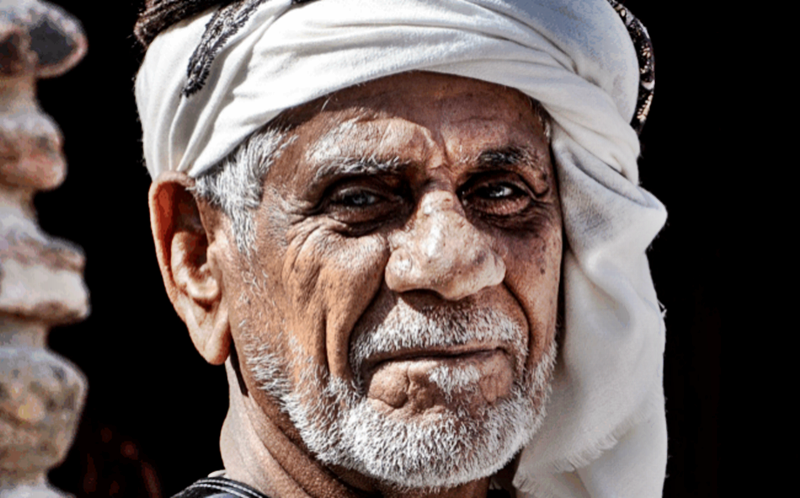Family Clans Behind Widespread Crime

Last updated May 11, 2025 by the Editorial Team
“On Their Way to Norway,” Says Jan Bøhler In Denmark, authorities are raising the alarm about 35 criminal family clans with over 600 members. They operate with military discipline, strict family hierarchy, and use violence as a tool.
Behind the scenes, imams act as "mediators," undermining police and courts. Now, Jan Bøhler is saying what many are thinking: the same development is underway in Norway.
A new report from the Danish national police reveals that family clans with hundreds of members are behind extensive organized crime. Jan Bøhler warns that the same patterns are beginning to take hold in Norway.
“This describes a situation we risk facing in Norway too, but the development has come further in Denmark,” says Bøhler, a former Member of Parliament for the Labour Party and now a commentator for Nettavisen.
636 People Linked to Clans
The report, which will soon be reviewed by the Danish Parliament, highlights 35 extended families with a total of 636 members. Of these, 119 are already registered in the police’s gang database, a system for monitoring organized crime. Criteria for being defined as a “clan” include at least five indictments over ten years and criminal involvement across at least two generations.
Some Families Span Four Generations
In some families, up to four generations are involved, with over half of the adults having convictions for drug trafficking, weapons possession, and violence.
Family Patriarchs in the Shadows
The clans are led by older men who maintain a low profile, while younger family members and external “soldiers” handle visible street-level crime. The report describes the situation as most serious in Copenhagen, North Zealand, and Aarhus, though the phenomenon is nationwide.
In the Gellerup district of Aarhus, four clan families alone are linked to over 5,000 criminal charges.
According to police documents obtained by Berlingske, one criminal family has so far cost the municipality 64 million kroner in social services, including institutional placements for minors. This family has 91 recorded social interventions and 181 concern reports.
Another family has had a total of 630 instances where members were charged or suspected. One individual under 15 years old has alone been suspected of crimes 101 times.
Justice Minister: A Serious Social Problem
Justice Minister Peter Hummelgaard calls the situation “a very serious social problem” and now wants to apply the so-called “gang clause,” which allows for double penalties for various crimes, to these families.
Background information withheld.
The report does not disclose the countries of origin for the clan members who hold Danish citizenship. Bøhler criticized this in a statement to Nettavisen:
“I think it's a weakness not to list the countries of origin for those clans with Danish citizenship. It's important to know their background to understand how these clans operate,” he says.
Of the 636 members, 302 hold Danish citizenship, while the remaining 334 come from 17 different nationalities.
Similar Patterns in Oslo
Bøhler sees clear similarities with developments in Norway:
“Children of gang members are appearing in criminal networks, while veteran criminals stay in the background and pull the strings. It's not hard to see families where children, uncles, and cousins of known criminals are also active. But so far, the development hasn't gone as far as in Denmark and Sweden. We must stay alert in this area,” he tells Nettavisen.
Islamic “Mediators” Undermining the State
Another concerning aspect of the report is that certain imams act as self-appointed “mediators,” who according to police, undermine the authority of both the police and courts. This pattern is also known from Germany and Sweden and has contributed to the rise of parallel societies.
Police Inspector Rene Raffo from East Jutland emphasizes the need for both tough measures and prevention:
“This requires a long-term and focused effort, where we crack down hard on the crime and work preventively to steer especially younger family members onto a different path,” he tells Berlingske.
